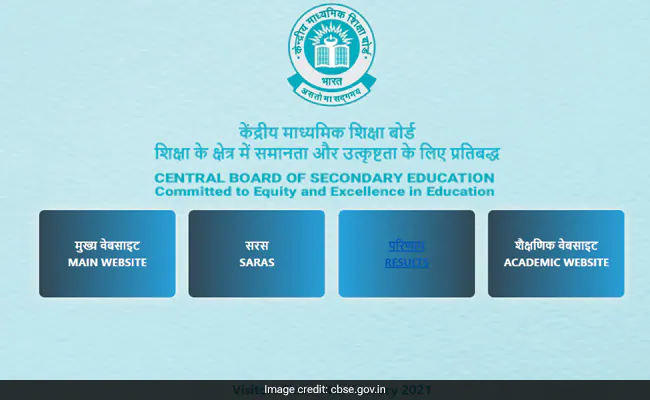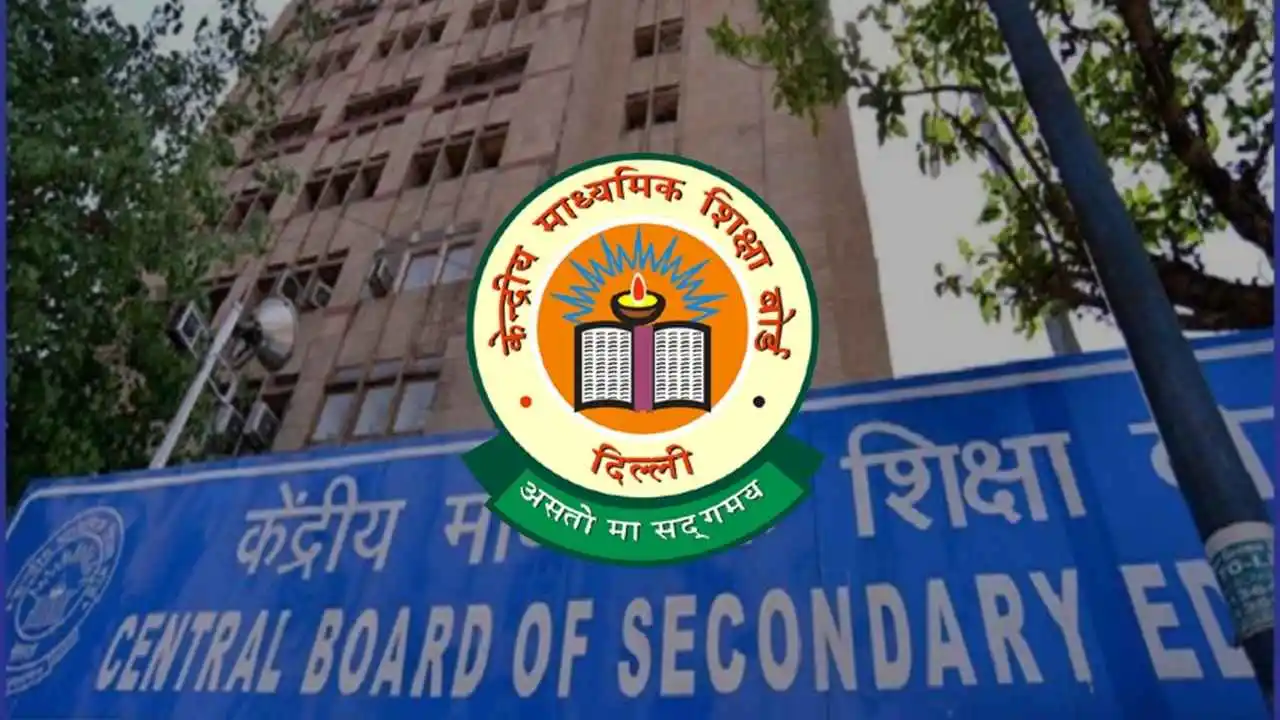NCERT’s New Class 7 Books Focus on Ancient India: Mughal Empire and Sultanate Chapters Removed
New Delhi – In a major educational update, the National Council of Educational Research and Training (NCERT) has removed chapters related to the Mughal rule and Delhi Sultanate from the newly released Class 7 textbooks. Instead, the focus now shifts to ancient Indian dynasties, sacred geography, Mahakumbh, and government initiatives. These textbook revisions have been made in line with the National Education Policy (NEP) 2020 and the new National Curriculum Framework for School Education (NCFSE) 2023, which aim to highlight Indian traditions, philosophy, educational heritage, and local cultural context.
What Major Changes Has NCERT Made in the New Class 7 Textbooks?
NCERT officials have said that the new book, called ‘Exploring Society: India and Beyond – Part 1’, is only the first part of the updated curriculum. They plan to release the second part within the next few months. However, they have not clearly said whether the chapters on the Mughal rule and Delhi Sultanate, which were removed earlier, will be added back later.
Earlier, during the COVID-19 pandemic in the 2022-23 academic year, NCERT had already reduced the sections related to the Mughal Empire and Delhi Sultanate. Now, with the latest update, they have completely removed these topics from the textbooks. In place of them, the new chapters give more focus to ancient Indian dynasties such as Magadha, Maurya, Shunga, and Satavahana. Through these changes, students will now learn more about India’s rich history, its traditional values, and its early civilisations.
Which Subjects Have Been Merged into One Single NCERT Book?
NCERT has merged three separate subjects — History, Geography, and Social and Political Life — into a single comprehensive textbook. The new combined book is titled ‘Exploring Society: India and Beyond – Part 1’. The second part of this book is expected to be launched soon. These updated textbooks will be introduced in schools starting from the 2025-26 academic session.
NCERT Textbook Changes Explained in a Quick Table
| Change | Details |
|---|---|
| Topics removed | Chapters on Mughal rule and Delhi Sultanate |
| New topics added | Ancient Indian dynasties, sacred geography, Mahakumbh, government schemes |
| Subjects merged | History, Geography, and Social and Political Life |
| New textbook title | Exploring Society: India and Beyond – Part 1 |
| Implementation year | Academic session 2025-26 |
Which Other NCERT Books Have Been Renamed Recently?
Along with content changes, NCERT has also announced the renaming of several textbooks across different classes:
- The English textbooks for Classes 1 and 2, previously called ‘Marigold’, have now been renamed ‘Mridang’.
- The English textbook for Class 3 has been renamed ‘Santoor’.
- The English textbook for Class 6, earlier known as ‘Honeysuckle’, is now titled ‘Poorvi’.
- Mathematics books, which were earlier titled ‘Mathematics‘ (English) and ‘Ganit‘ (Hindi), will now simply be called ‘Ganit’ in both languages.
These renamings reflect a broader shift towards more Indianised themes in school education.
How Have Political Leaders Reacted to NCERT’s New Changes?
The NCERT textbook revisions have sparked political discussions as well. Tamil Nadu Chief Minister MK Stalin had previously criticised the central government, accusing it of attempting to impose Hindi through the National Education Policy. He alleged that the Union Government had even denied financial support to Tamil Nadu schools because the state refused to implement the three-language formula proposed under NEP 2020.
Get the latest updates on politics, education, entertainment, government jobs, current affairs, and trending topics with Bureau of Investment. Follow us on Facebook, Twitter, and join our Whatsapp Channel for real-time news and insights. Stay informed with reliable, up-to-date coverage at BureauofInvestment.com!



